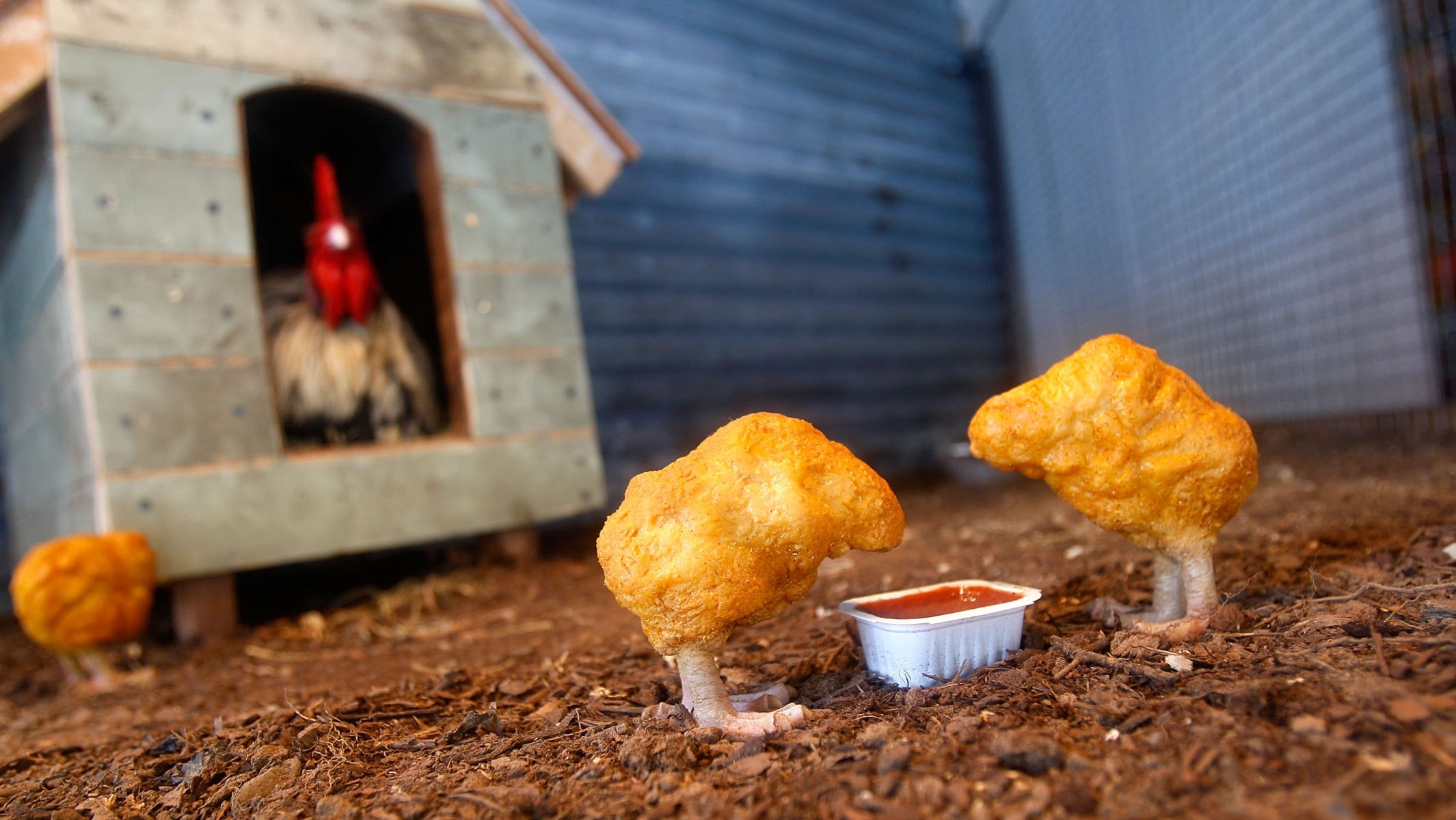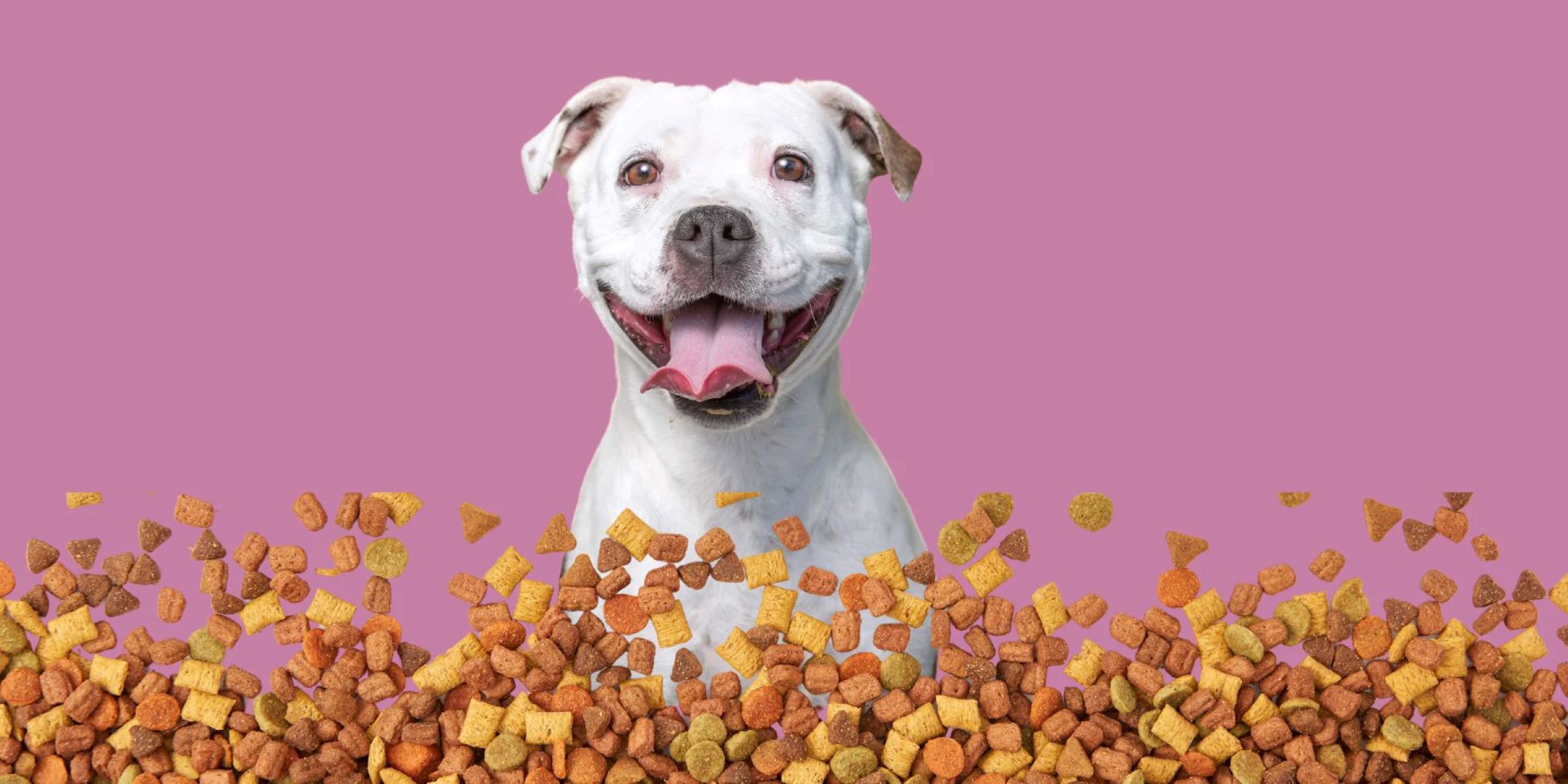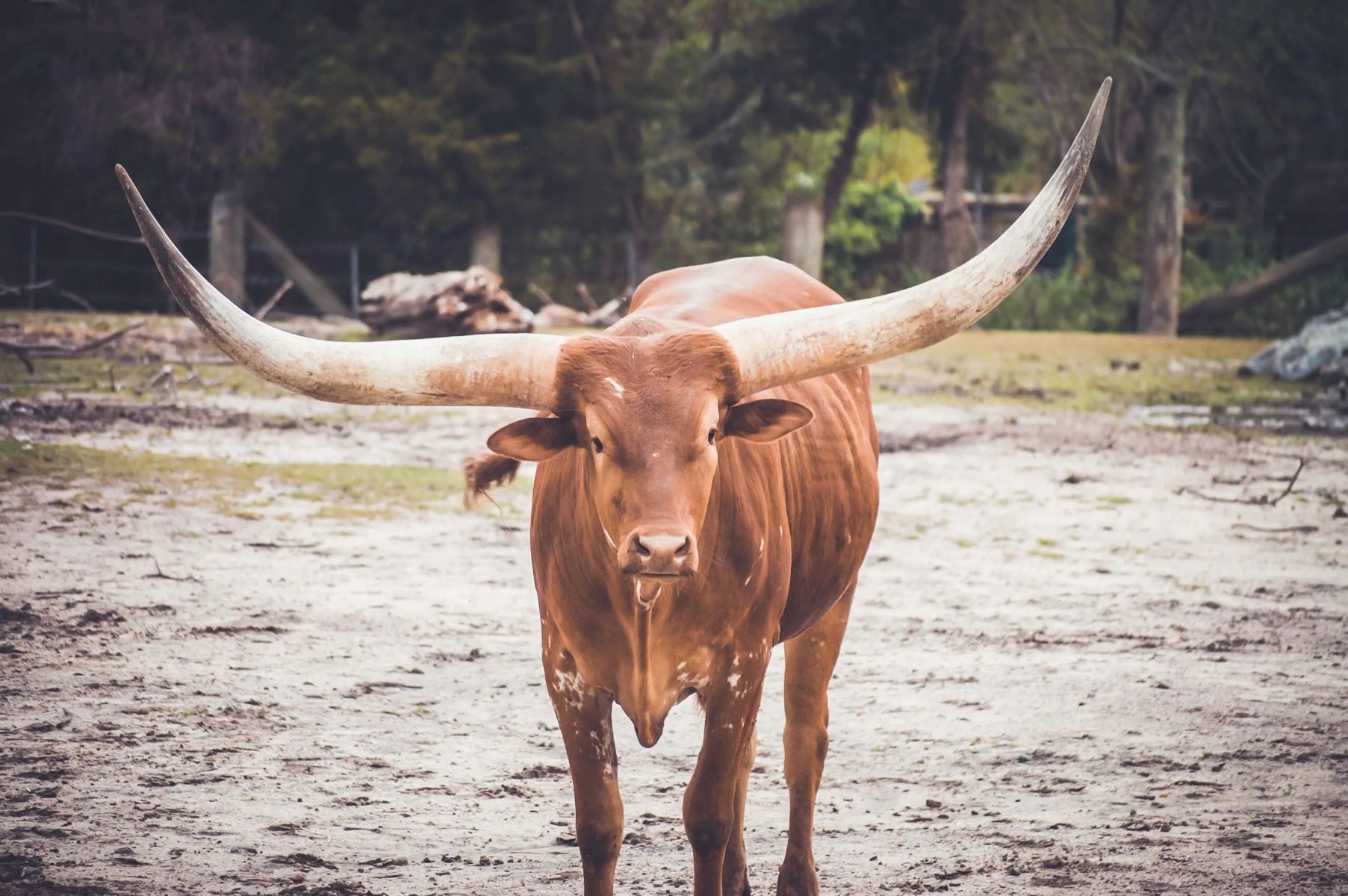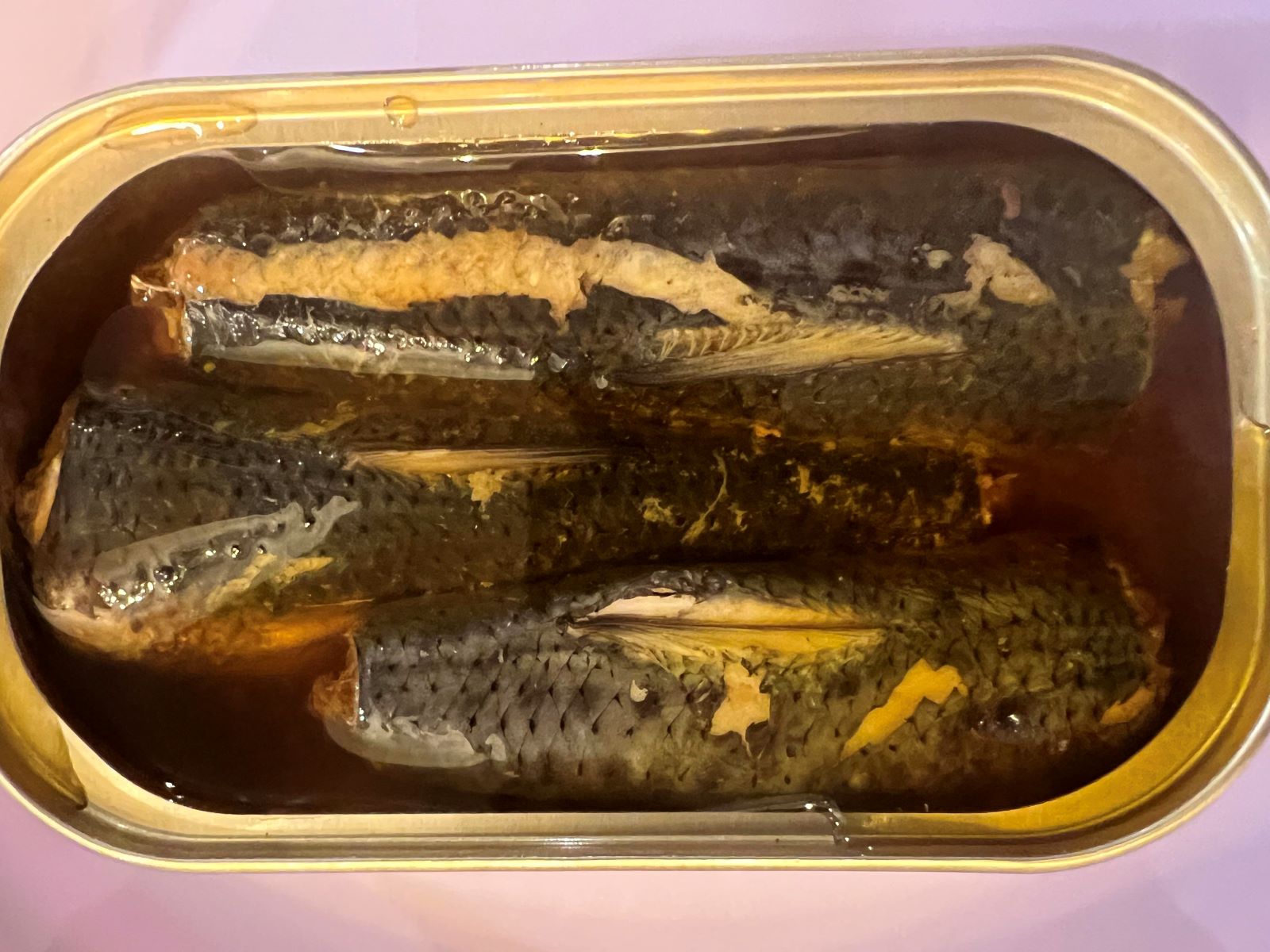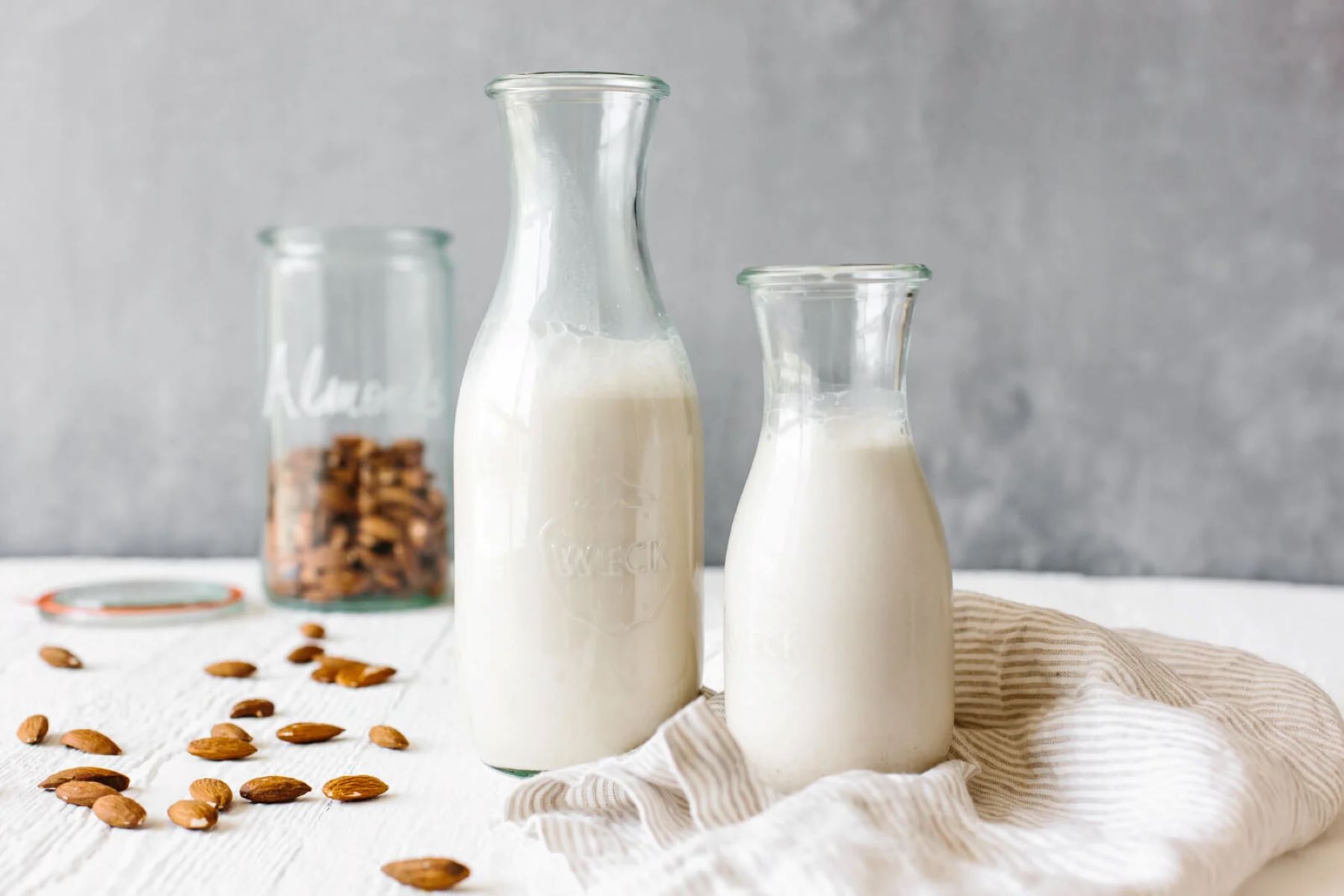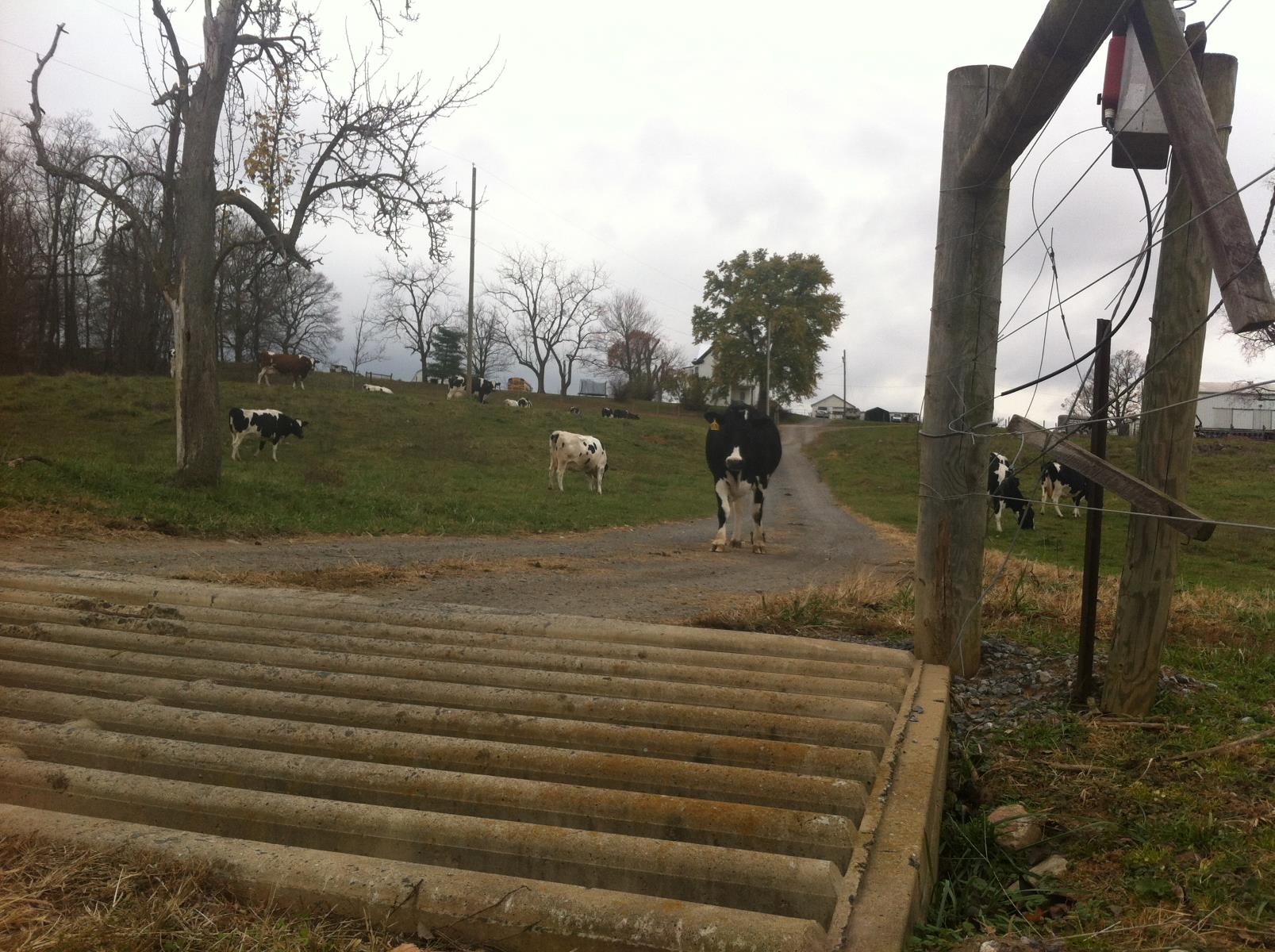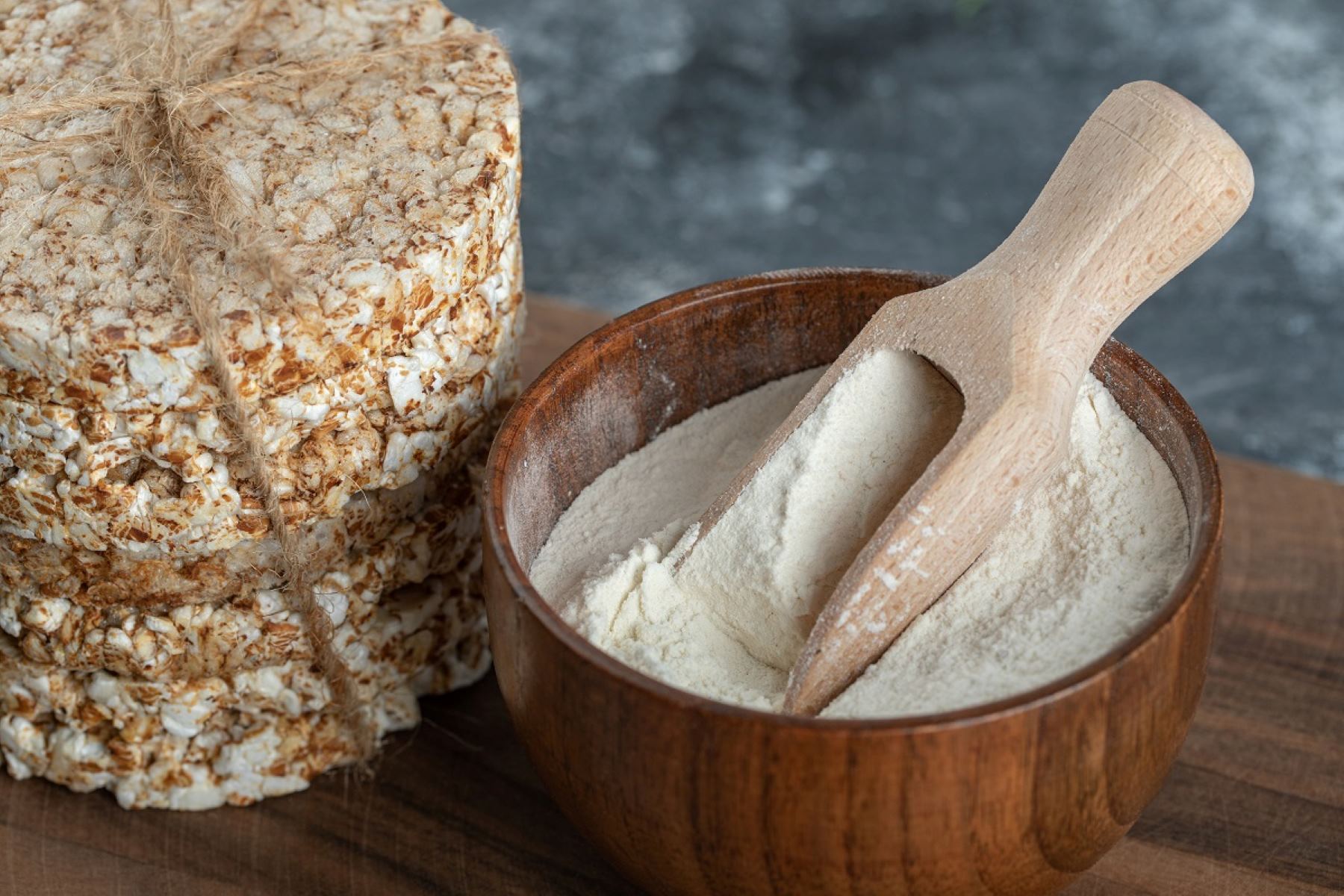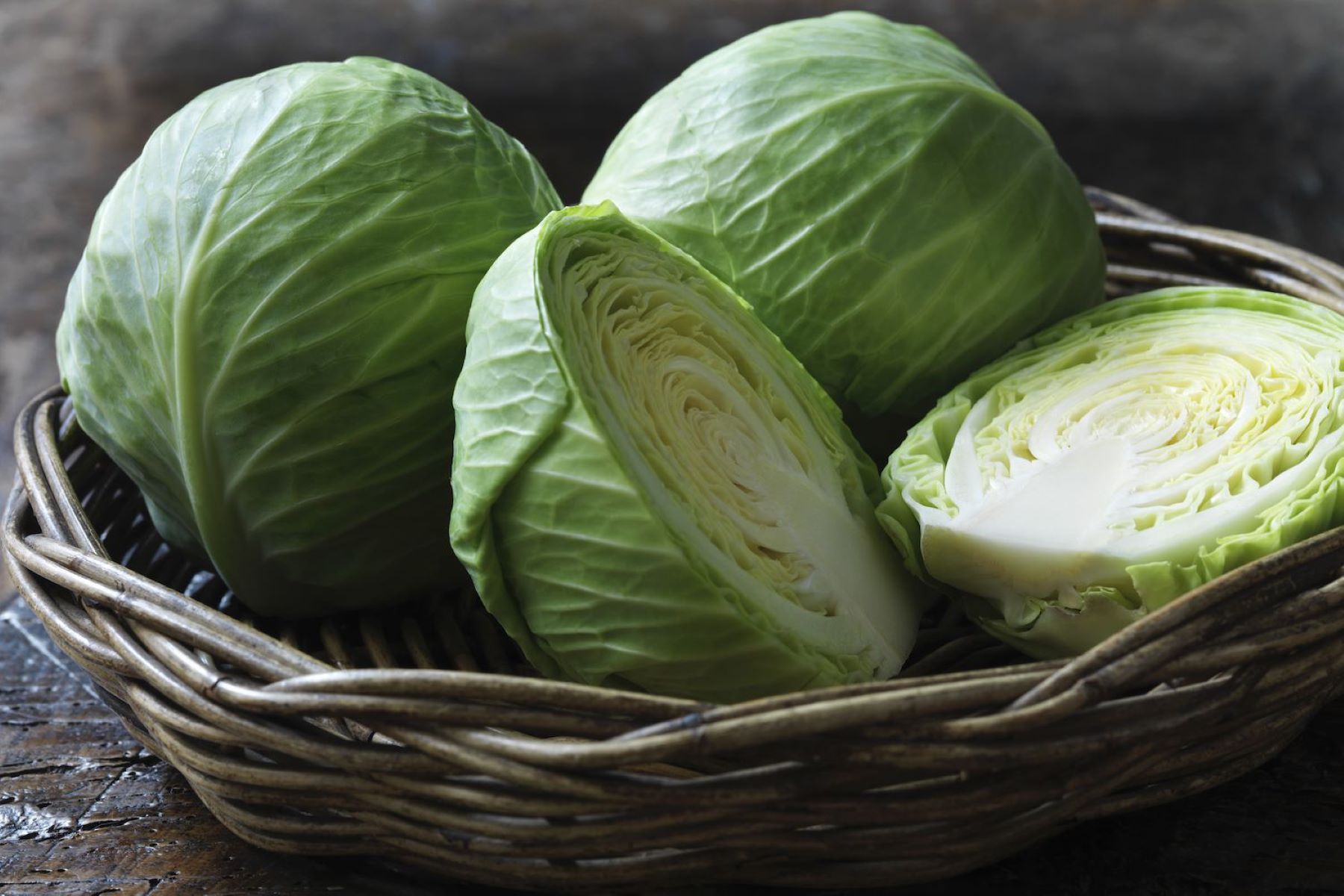Home>Pets & Animals>The Surprising Truth About Feeding Newborn Kittens Diluted Cow’s Milk
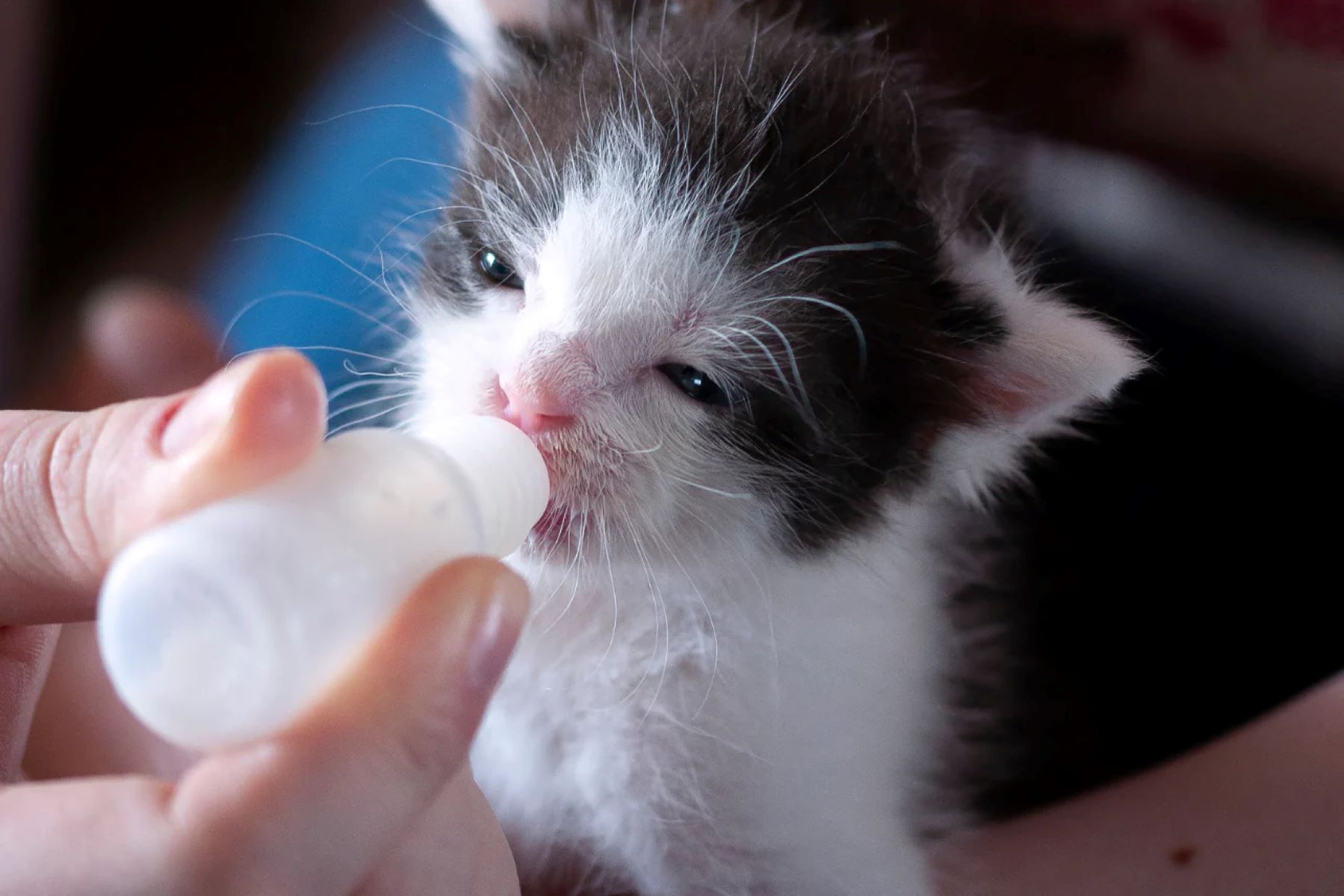

Pets & Animals
The Surprising Truth About Feeding Newborn Kittens Diluted Cow’s Milk
Published: February 18, 2024
Discover the surprising truth about feeding newborn kittens diluted cow's milk. Learn about the best feeding practices for your pets and animals.
(Many of the links in this article redirect to a specific reviewed product. Your purchase of these products through affiliate links helps to generate commission for Regretless.com, at no extra cost. Learn more)
Table of Contents
Introduction
Feeding newborn kittens is a delicate and crucial task, as their nutritional needs are vastly different from those of adult cats. One common misconception is the belief that cow's milk is a suitable alternative for mother's milk when caring for orphaned or abandoned kittens. However, the truth about feeding newborn kittens diluted cow's milk may surprise many.
Cow's milk is often associated with nourishment and is readily available in many households. It may seem like a convenient solution for feeding newborn kittens in the absence of their mother's milk. However, it's important to understand the potential risks and benefits associated with this practice to make informed decisions that prioritize the health and well-being of these vulnerable young felines.
In the following sections, we will delve into the risks and benefits of feeding newborn kittens cow's milk, explore safe feeding practices, and shed light on alternative options for providing essential nourishment to these tiny, fragile creatures. By understanding the complexities and nuances of this topic, we can ensure that newborn kittens receive the best possible care and nutrition during their critical early stages of life.
The Risks of Feeding Newborn Kittens Cow's Milk
Feeding newborn kittens cow's milk poses several risks that can significantly impact their health and development. While cow's milk is a staple in many households, it is essential to recognize that it is not a suitable substitute for mother's milk when it comes to nourishing newborn kittens. Understanding the potential risks associated with this practice is crucial for ensuring the well-being of these vulnerable young felines.
-
Digestive Upset: Cow's milk is difficult for newborn kittens to digest due to its high lactose content. Kittens lack the necessary enzymes to properly break down lactose, leading to digestive upset, including diarrhea, bloating, and discomfort. This can result in dehydration and nutritional deficiencies, posing a severe threat to the kittens' health.
-
Nutritional Imbalance: Cow's milk does not provide the essential nutrients that newborn kittens require for healthy growth and development. It lacks the appropriate balance of proteins, fats, and vitamins necessary for supporting a kitten's immune system and overall well-being. Without these vital nutrients, kittens are at risk of stunted growth, weakened immune function, and other health complications.
-
Potential Allergic Reactions: Some kittens may exhibit allergic reactions to cow's milk, leading to symptoms such as itching, swelling, and gastrointestinal distress. Allergies can exacerbate the kittens' vulnerability, making it imperative to avoid exposing them to potential allergens, including cow's milk.
-
Increased Susceptibility to Infections: Feeding newborn kittens cow's milk that is not properly prepared or pasteurized can expose them to harmful bacteria, such as E. coli and Salmonella. These pathogens can cause serious infections and pose a significant threat to the fragile immune systems of newborn kittens.
-
Developmental Complications: Inadequate nutrition from cow's milk can lead to developmental complications in newborn kittens, affecting their bone growth, muscle development, and overall physical well-being. Without the essential nutrients found in mother's milk or suitable milk replacers, kittens may experience long-term health issues that can impact their quality of life.
Understanding these risks underscores the importance of seeking alternative feeding options that align with the specific nutritional needs of newborn kittens. By prioritizing their health and well-being, caregivers can provide the best possible start in life for these tiny, vulnerable creatures.
The Benefits of Feeding Newborn Kittens Cow's Milk
While the risks of feeding newborn kittens cow's milk are substantial, it's important to acknowledge that there are potential benefits associated with this practice. Understanding these benefits within the context of specific scenarios can provide insights into the complexities of caring for orphaned or abandoned kittens. It's essential to approach this topic with a balanced perspective, considering both the risks and potential advantages to make informed decisions that prioritize the well-being of these vulnerable young felines.
In certain emergency situations where access to specialized kitten milk replacers or mother's milk is limited, diluted cow's milk can serve as a temporary solution to provide essential hydration and nourishment to orphaned or abandoned kittens. While cow's milk does not offer the ideal nutritional composition for newborn kittens, it can offer some benefits in specific circumstances.
One potential benefit of feeding newborn kittens diluted cow's milk is its availability. In households or rescue situations where specialized kitten milk replacers are not readily accessible, cow's milk may serve as a stopgap measure to prevent dehydration and provide essential nutrients until suitable alternatives can be obtained. In such cases, it's crucial to dilute the cow's milk appropriately to minimize the risk of digestive upset and ensure that the kittens receive vital hydration.
Additionally, in scenarios where orphaned or abandoned kittens are found in urgent situations, such as natural disasters or unforeseen circumstances, cow's milk may be the only immediate option for providing nourishment. In these critical moments, the availability of cow's milk can offer a lifeline for ensuring that vulnerable kittens receive the initial sustenance needed to survive until more suitable care arrangements can be made.
Furthermore, while cow's milk is not an ideal long-term solution for feeding newborn kittens, it can potentially bridge the gap in situations where access to specialized kitten milk replacers or mother's milk is limited. This temporary measure can offer vital support until alternative feeding options are secured, ensuring that the kittens receive essential nourishment during the early stages of their lives.
It's important to emphasize that while these potential benefits exist, they are contingent on the absence of better alternatives. Caregivers should prioritize seeking appropriate kitten milk replacers or, when feasible, mother's milk from a nursing cat, to provide the optimal nutrition and care for newborn kittens. Understanding the nuanced considerations surrounding the use of cow's milk in specific contexts can inform compassionate and pragmatic decisions when caring for vulnerable newborn kittens.
How to Safely Feed Newborn Kittens Cow's Milk
When faced with the challenge of safely feeding newborn kittens cow's milk, it is essential to prioritize their health and well-being by following specific guidelines and best practices. While cow's milk is not the ideal choice for nourishing newborn kittens, there are steps that caregivers can take to minimize potential risks and ensure that the kittens receive essential hydration and nutrients in a safe manner.
-
Dilution: If cow's milk is the only immediate option available, it should be diluted to reduce its lactose concentration, making it easier for the kittens to digest. A recommended dilution ratio is one part cow's milk to two parts water. This adjustment helps mitigate the risk of digestive upset and provides vital hydration to the kittens.
-
Temperature: It is crucial to ensure that the diluted cow's milk is at an appropriate temperature before feeding the kittens. The milk should be warmed to approximately 100°F (37.8°C), which closely resembles the temperature of mother's milk. Care should be taken to avoid overheating the milk, as excessive heat can scald the delicate mouths and throats of the kittens.
-
Feeding Method: When feeding newborn kittens diluted cow's milk, caregivers should use specialized nursing bottles or syringes designed for small animals. These tools enable controlled feeding and reduce the risk of aspiration, ensuring that the kittens receive nourishment without experiencing respiratory complications.
-
Frequency: Newborn kittens have high nutritional demands and require frequent feeding sessions. Caregivers should aim to feed the kittens every two to three hours, including during the night, to support their growth and development. Consistent, regular feeding helps prevent dehydration and provides essential nutrients crucial for their well-being.
-
Observation: Close monitoring of the kittens' response to cow's milk feeding is essential. Caregivers should observe for any signs of digestive discomfort, allergic reactions, or inadequate intake. If the kittens exhibit adverse reactions or fail to thrive on cow's milk, alternative feeding options should be pursued promptly.
-
Transition to Suitable Alternatives: While cow's milk may serve as a temporary solution in specific circumstances, the ultimate goal should be to transition the kittens to specialized kitten milk replacers or, ideally, mother's milk from a nursing cat. Caregivers should actively seek out these superior alternatives to ensure that the kittens receive the optimal nutrition required for their growth and well-being.
By adhering to these safe feeding practices, caregivers can mitigate the potential risks associated with feeding newborn kittens cow's milk while providing essential nourishment in a responsible and compassionate manner. Prioritizing the health and welfare of these vulnerable young felines through informed and conscientious care can significantly impact their chances of thriving and leading healthy lives.
Conclusion
In conclusion, the practice of feeding newborn kittens diluted cow's milk presents both risks and potential benefits that must be carefully considered in the context of specific caregiving situations. While cow's milk is not an ideal substitute for mother's milk or specialized kitten milk replacers, it can serve as a temporary solution in emergency scenarios where access to better alternatives is limited. However, it is crucial to approach the use of cow's milk with a nuanced understanding of the associated risks and the imperative to prioritize the health and well-being of the vulnerable young kittens.
The risks of feeding newborn kittens cow's milk, including digestive upset, nutritional imbalances, potential allergic reactions, increased susceptibility to infections, and developmental complications, underscore the importance of seeking alternative feeding options that align with the specific nutritional needs of these fragile creatures. Caregivers must be vigilant in recognizing the potential adverse effects of cow's milk and take proactive measures to minimize these risks while ensuring that the kittens receive essential hydration and nutrients.
On the other hand, the potential benefits of cow's milk, such as its availability in urgent situations and its capacity to provide temporary nourishment, highlight the complex considerations involved in caring for orphaned or abandoned kittens. While these benefits may offer a lifeline in specific contexts, they are contingent on the absence of better alternatives and should not overshadow the imperative to prioritize the long-term health and well-being of the kittens.
Safely feeding newborn kittens cow's milk requires adherence to specific guidelines, including appropriate dilution, temperature control, feeding methods, frequency, observation, and a proactive transition to suitable alternatives. By following these best practices, caregivers can mitigate potential risks and ensure that the kittens receive essential nourishment in a responsible and compassionate manner.
Ultimately, the overarching goal when caring for newborn kittens is to prioritize their health, growth, and development by seeking out the most suitable and nutritionally appropriate feeding options. While cow's milk may offer temporary relief in challenging circumstances, it is essential to actively pursue superior alternatives, such as specialized kitten milk replacers or mother's milk from a nursing cat, to provide the optimal nutrition required for the kittens' well-being.
By understanding the multifaceted nature of feeding newborn kittens cow's milk and the associated risks and benefits, caregivers can make informed decisions that prioritize the health and welfare of these vulnerable young felines. This comprehensive approach to nurturing and nourishing newborn kittens lays the foundation for their healthy development and enhances their chances of thriving under compassionate and attentive care.
